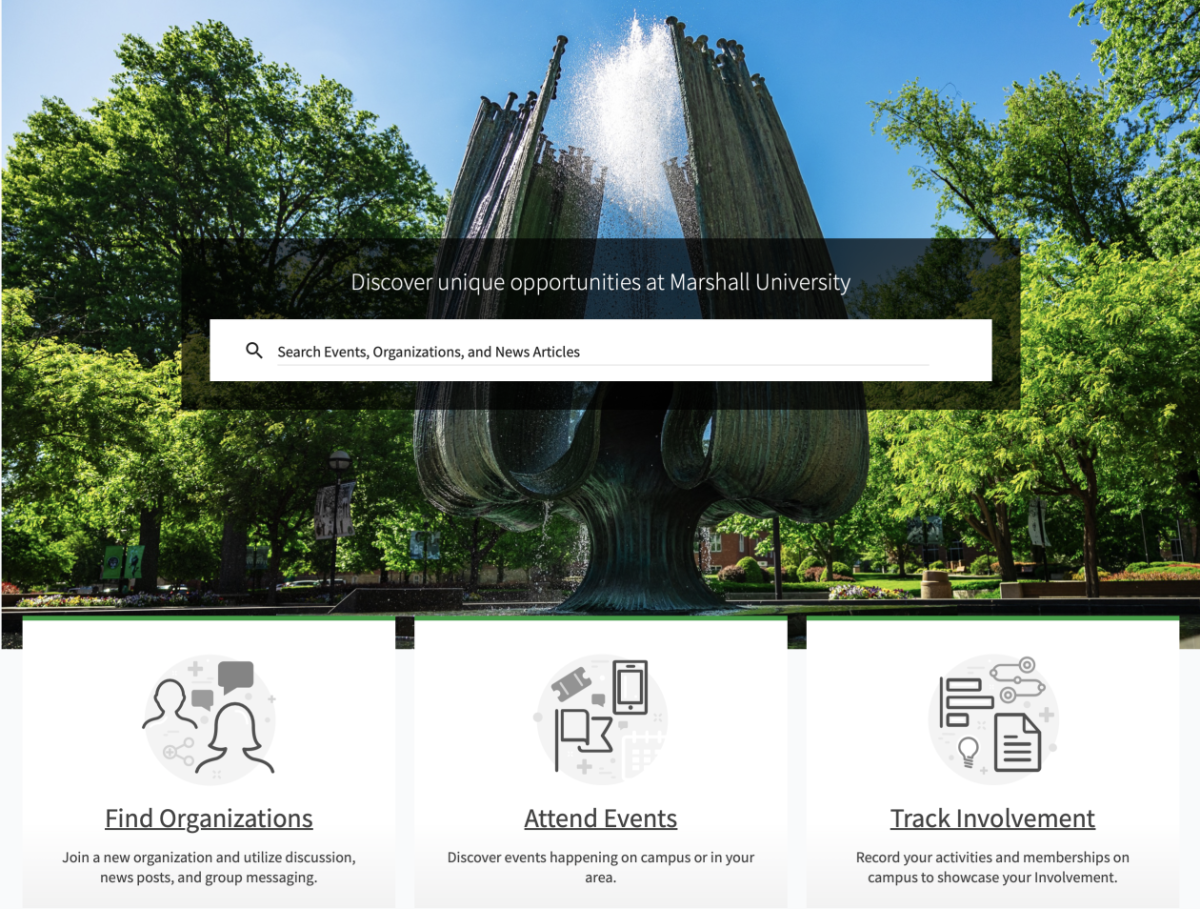We’ve all experienced a relative participating in “political activism” on our Facebook timeline.
The troubling issue is, that relative almost certainly received that political information from another fellow ‘clicktivist’ on their timeline.
The term ‘clicktivist’ is used in relation to individuals–typically those of the Baby Boomer and Generation X generations–utilizing Facebook to spew political opinions that are unsupported with any real evidence.
Now, this is more than just a difference in political opinion, rather it is an active assault on rational evidence-led politics.
For most Millennials and Generation Z individuals, blocking our relatives is not something we want to do. However, blocking is the only way to unsubscribe from deleterious political narratives on social media–from one’s relatives of course.
As a college student, when I get passionate about discussing politics with my older relatives, they always default to the idea of Generation X wishing to live in an echo chamber of reality.
I believe that if the older generation is solely participating in political research on Facebook, then the ‘reality’ does not exist.
Another common statement from these relatives is, “We can all have different opinions,” reserved for beliefs such as coffee preferences–not beliefs rooted in homophobia, racism, or basic human rights.
The problem with this ‘clicktivism’ is that it spreads misinformation and undermines meaningful political discourse. Our relatives who haphazardly post unverified political content contribute to floods of unreliable activism.
This Facebook activism is engaged in without the research, dialogue, and direct action that traditional activism is rooted in, and rather thrives on the instant gratification that comes with “likes” received from link-minded followers.
Frankly, unreliable ‘clicktivism’ is cheap and intellectually lazy. In an era where information is literally at our fingertips, it is simply unacceptable.
And to make matters worse, social media algorithms support this spread of misinformation. Facebook feeds are often curated in a manner that is designed to reinforce the thoughts and beliefs of these Facebook activists, establishing a fish bowl effect.
As a result, a warped sense of reality is established where every other worldview or alternative perspective is seen as hostile or radical.
I believe this generational divide to be not centered in the ways we gather information, but rather a difference in the role politics plays in our lives. For older generations, politics is viewed as a battlefield. What is right is right and what is wrong is wrong–there is no gray area for most.
On the other hand, I believe the younger generation can realize that often, the issues at hand are bigger than themselves. The younger generation possesses the ability to understand the nuance of politics, and that often, policy solutions won’t fit perfectly in an ideological box.
The sad reality is that even with proper evidence of the misinformation spread on social media platforms, certain members of the older generation are so adamant in their beliefs, that they refuse to switch their views.
All of this to say, no matter the pressure you may feel from your aunt, uncle, grandma, or grandpa who continuously spread their political views on Facebook, you have the power to make your own choices.
Make sure to do your research, and take in as many disseminations of political issues as you can. The only way to be informed is to take the steps to educate yourself–something that ‘clicktivists’ should do more of.
Kaitlyn Fleming can be contacted at [email protected].
This story was originally written for Student News Live. That publication can be viewed here.




















